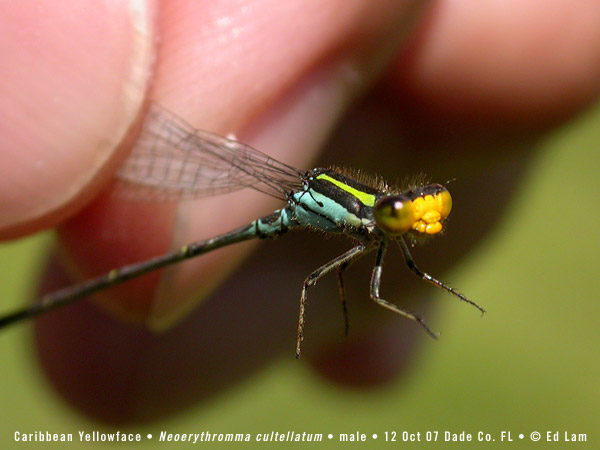

And the drama begins: June steals an unpublished manuscript from her desk, works on it, and sends it to her agent. The celebration included drinking and making pancakes. But I’ve found that jealousy, to writers, feels more like fear.” June repeatedly reminds herself to “be happy for her” despite feeling that universal envy, and even clarifies it specifically for writers “People always describe jealousy as this sharp, green, venomous thing. It’s easy to be jealous after all, Athena is everything June isn’t -and everything, according to her, publishing loves: attractive, cool, and ‘diverse’. Regardless, Athena does invite June to her apartment one night to celebrate a movie deal for one of her novels. Plus, June isn’t shy of thinking the worst for her friend (” and I’m drinking to dull the bitch in me that wishes she was dead”) and suspects Athena likes her company precisely because she isn’t a competition. Acquaintance because their friendship is more incidental, merely convenient.

On days when she’s not frustrated with her agent for showing little support, her editor for being disinterested, and her publisher for not having faith in her, she navigates her acquaintance with Athena Liu: a successful Asian-American bestselling author. June Hayward is a struggling author whose debut novel flopped -the first print reduced by half, book tour stops cancelled, and a second printing out of question. To know more about them, please read my disclaimer. This book review may contain affiliate links.

It’s no surprise I was pulled in when a contemporary promising a premise of plagiarism was announced, especially when it’s the literary fiction debut of The Poppy War and Babel author. And these scandals are wildly enticing and weirdly addictive. Though, more surprising than this acceptance was Mark Twain’s letter to Keller, where he stood against the “Plagiarism Court” and simply accused “solemn donkeys” of “breaking a little child’s heart with their ignorant rubbish about plagiarism”, concluding that “substantially all ideas are second hand, consciously or unconsciously drawn from a million outside sources”.įor years, plagiarism has been a fuel for literary scandals: whether it’s an abusive ex-boyfriend accusing Emma Cline of having stolen The Girls or a Harvard undergrad Kaavya Viswanathan’s highly hyped chick-lit showing similarities to many works, from Sophie Kinsella to Meg Cabot. Canby) as en eleven-year-old when submitting a short story ( The Frost King) for her school magazine. Helen Keller’s memoir is unforgettable for many reasons, but is surprising for her admission of having retold a fable ( Birdie and His Friends by Margaret T.


 0 kommentar(er)
0 kommentar(er)
